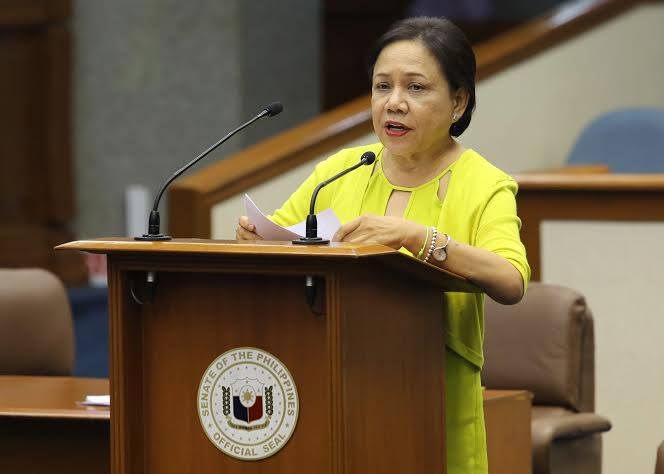
MANILA – Senator Cynthia Villar has filed a bill establishing more rehabilitation centers and a socialized payment scheme that would make rehabilitation and treatment free for the indigent drug users.
In filing Senate Bill No. 718, Villar noted that the inadequate number of rehabilitation centers in the country is now more evident with the number of drug dependents seeking rehabilitation increasing day by day.
The bill also seeks to make rehabilitation expenses chargeable to the Philippine Health Insurance Corporation or PhilHealth.
“The government must be ready to extend help to these drug dependents who should be treated as victims rather than criminals. Ensuring their recovery through rehabilitation and reintegration into the community will be beneficial to society as they will become productive citizens,” Villar said.
Since the implementation of the anti-illegal drugs drive “Oplan Tokhang” with the assumption into office of President Rodrigo R. Duterte, over 120,000 drug suspects have surrendered to the authorities.
Villar said more rehabilitation centers where a drug dependent will be motivated to regain self-confidence, rediscover his working abilities and develop a sense of responsibility for himself, are needed.
According to the Dangerous Drugs Board (DDB) website, there are a total of 44 DOH-accredited rehabilitation centers nationwide, 28 of which are operated by non-government organizations, 12 are government-owned, and four are maintained by local government units.
Earlier, Villar has proposed the training of drug users in farm schools as a way of rehabilitation. She said the Technical Education and Skills Development Authority (TESDA) has allotted PHP500 million for 45,000 scholars of agriculture-related courses.
Duran Farm in San Ildefonso, Bulacan, has started opening its doors to drug users by offering a two-month course on agriculture production.
“We have heard a lot of testimonies coming from individuals whose lives have changed after participating in free trainings on agriculture. This is also a livelihood opportunity for drug users who want to start anew,” Villar said.